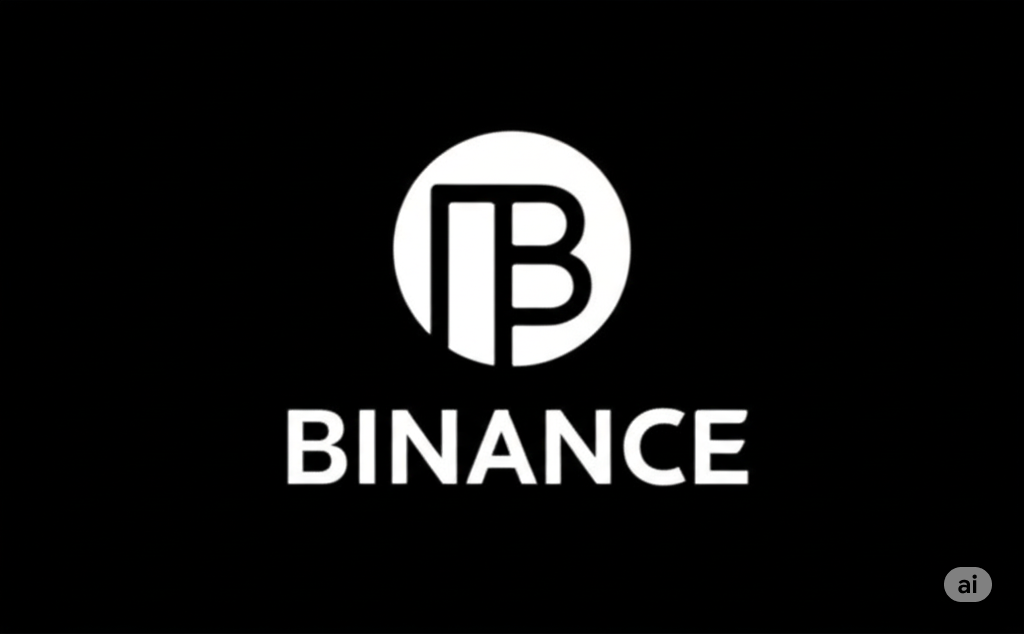The allure of cryptocurrency investment is undeniable, with stories of rapid gains capturing headlines. However, for newcomers, diving headfirst into this volatile market can be risky. A well-thought-out strategy is crucial to navigate the crypto landscape and potentially achieve your financial goals while minimizing risk.
This blog outlines some popular and relatively beginner-friendly crypto investment strategies. Remember, this is not financial advice, and you should always conduct your own research (DYOR – Do Your Own Research) before investing in any cryptocurrency. The cryptocurrency market in India, including Bhubaneswar, Odisha, is subject to its own regulations and volatility, so stay informed about local developments as well.
1. Dollar-Cost Averaging (DCA):
This is a classic strategy, especially beneficial for beginners trying to mitigate the impact of price volatility. DCA involves investing a fixed amount of money at regular intervals (e.g., weekly or monthly) into a chosen cryptocurrency, regardless of its current price.
- How it works: Instead of trying to time the market (which is notoriously difficult, even for experienced traders), you consistently buy a certain amount. When the price is low, your fixed investment buys you more of the cryptocurrency. When the price is high, it buys you less. Over time, this can average out your purchase price and reduce the risk of buying a large amount at a market peak.
- Why it’s good for beginners: DCA removes the emotional element of trying to time the market and allows you to build a position gradually. It’s a less stressful approach for those new to crypto’s price swings.
2. Buy and Hold (HODLing):
“HODL” (originally a typo for “hold”) is a popular long-term strategy in the crypto community. It involves buying cryptocurrencies that you believe have strong fundamentals and long-term growth potential, and then holding onto them for an extended period, regardless of short-term price fluctuations.
- How it works: You identify cryptocurrencies with strong use cases, active development teams, and growing adoption. Once you’ve invested, you resist the urge to sell during market dips and focus on the long-term vision.
- Why it’s good for beginners: HODLing requires less active monitoring of the market and can be a suitable strategy for those who believe in the future of specific cryptocurrencies. However, it’s crucial to choose projects with solid foundations and be prepared for potential long periods of volatility.
3. Staking and Earning Interest:
Some cryptocurrencies utilize a “Proof-of-Stake” (PoS) consensus mechanism, which allows you to “stake” your holdings and earn rewards for helping to validate transactions on the network. Additionally, many crypto lending platforms allow you to earn interest on your cryptocurrency holdings by lending them out to borrowers.
- How it works: For staking, you typically need to hold a certain amount of a PoS cryptocurrency in a compatible wallet and participate in the network’s validation process. The rewards are usually distributed periodically in the form of more of the same cryptocurrency. For lending, you deposit your crypto on a lending platform and earn interest based on the platform’s rates and terms.
- Why it’s good for beginners: Staking and earning interest can be a way to passively grow your cryptocurrency holdings without actively trading. However, it’s essential to understand the risks involved, such as lock-up periods and the security of the staking or lending platform.
4. Diversification:
As the saying goes, “Don’t put all your eggs in one basket.” Diversification involves spreading your investments across multiple cryptocurrencies rather than putting all your capital into a single asset.
- How it works: Research different cryptocurrencies with varying market capitalizations, use cases, and risk profiles. Allocate your investment capital across a selection of these assets. This way, if one cryptocurrency performs poorly, the impact on your overall portfolio might be mitigated by the performance of others.
- Why it’s good for beginners: Diversification helps to reduce risk. However, it’s important to do your research on each cryptocurrency you invest in and not just buy a random selection of assets.
Important Considerations for Beginners in India:
- Regulatory Landscape: Stay informed about the regulations surrounding cryptocurrency in India. The rules can change, and it’s crucial to be aware of the legal framework.
- Taxation: Understand the tax implications of cryptocurrency investments in India. Consult with a tax professional if needed.
- Exchange Fees: Be aware of the transaction fees charged by cryptocurrency exchanges in India. These fees can impact your overall returns.
- Security: Prioritize the security of your cryptocurrency holdings. Consider using strong passwords, two-factor authentication, and exploring hardware wallets for larger amounts.
- Volatility: The cryptocurrency market is known for its high volatility. Be prepared for significant price swings and only invest what you can afford to lose.
- Scams: Be wary of get-rich-quick schemes and fraudulent cryptocurrency projects. Do thorough research and only invest in reputable projects.
Getting Started:
- Educate Yourself: Before investing, take the time to understand the basics of blockchain technology and the cryptocurrencies you are considering.
- Choose a Reputable Exchange: Select a well-established and secure cryptocurrency exchange that operates in India and offers the cryptocurrencies you want to invest in.
- Start Small: Begin with a small amount of capital that you are comfortable losing.
- Stick to Your Strategy: Once you’ve chosen a strategy, try to stick to it and avoid making impulsive decisions based on short-term market fluctuations.
- Continuously Learn: The cryptocurrency space is constantly evolving. Stay updated on the latest news and developments.
Disclaimer: This blog post is for informational purposes only and should not be considered financial advice. Cryptocurrency investments are inherently risky, and you could lose your entire investment. Always conduct your own research before making any investment decisions.












Leave a Reply